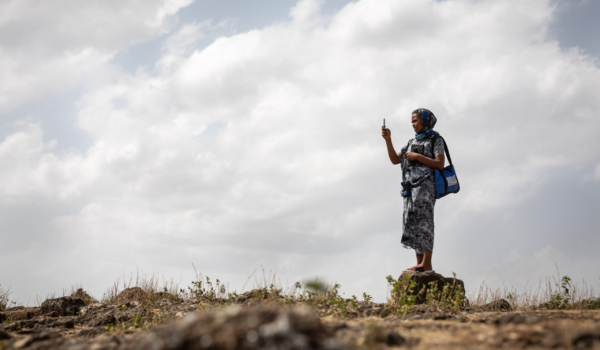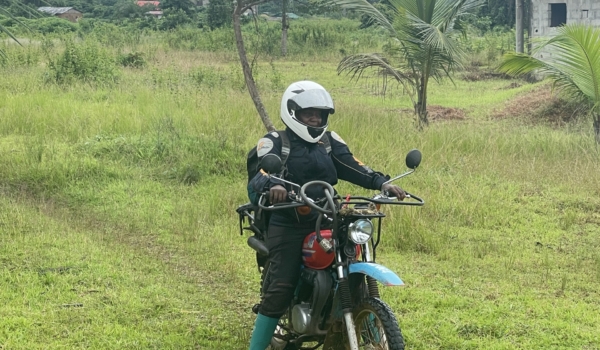The Integrating Community Health Program (ICH) is a collaboration between the U.S. Agency for International Development (USAID) and UNICEF to support countries to institutionalize community health in national health systems. USAID and UNICEF, along with the Bill & Melinda Gates Foundation, invested in catalytic partnerships with governments, their trusted NGO partners, and communities across 7 countries – Bangladesh, the Democratic Republic of Congo (DRC), Haiti, Kenya, Liberia, Mali, and Uganda – to strengthen community health approaches.
Last Mile Health worked closely with key stakeholders and government partners to highlight the seven ICH countries’ community health strengthening efforts within a framework for institutional reform: the Community Health Systems Reform Cycle. The likelihood that any particular reform is successfully institutionalized in an existing policy environment depends on political will and buy-in from key stakeholders, the technical design of the policy, the available capacity and resources to launch and govern the intervention, the ability to learn, and the willingness to adapt and improve the program over time.
The Country Snapshots (available in English and French below) highlight examples of a country’s reform journey through the specific stages of institutionalization outlined in the framework. Country Snapshots both demonstrate the features of each stage within the country context and elevate salient examples of countries’ learning and success.
To learn more, download the Country Snapshots here:
- Bangladesh:
- Democratic Republic of the Congo:
- Haiti:
- Kenya:
- Liberia:
- Mali:
- Uganda:




